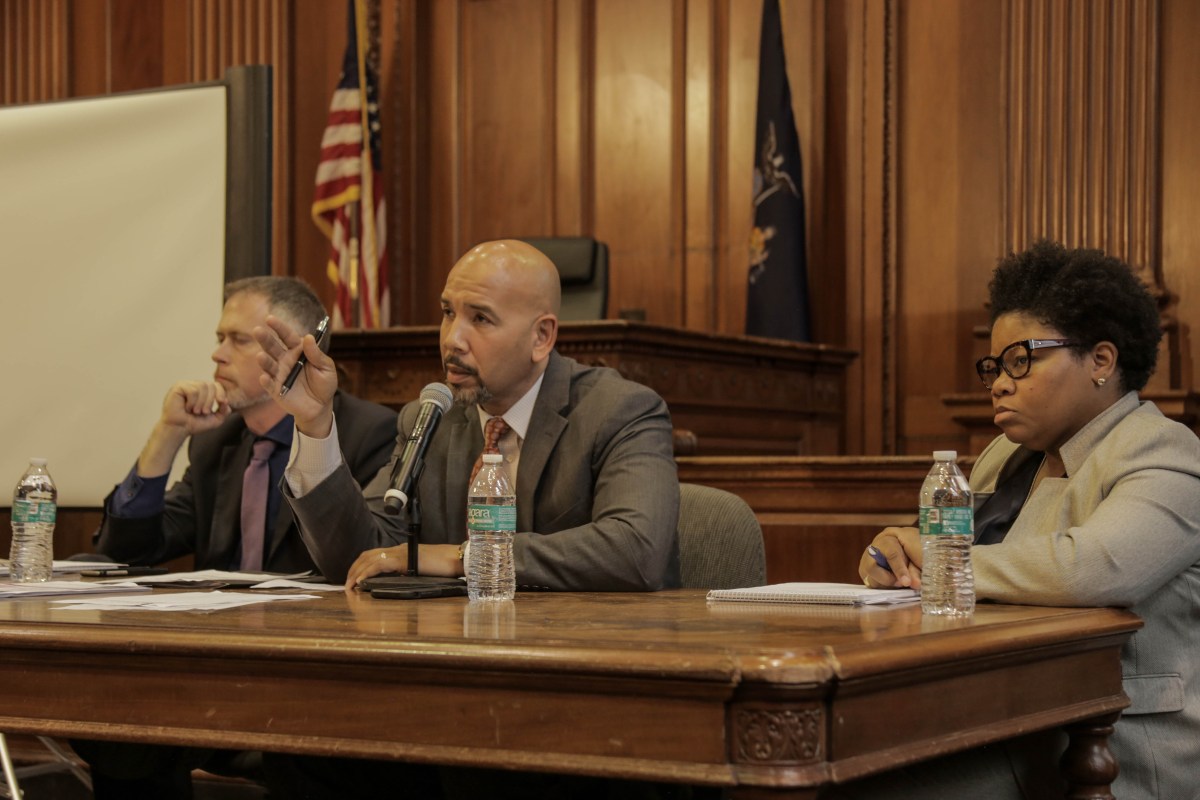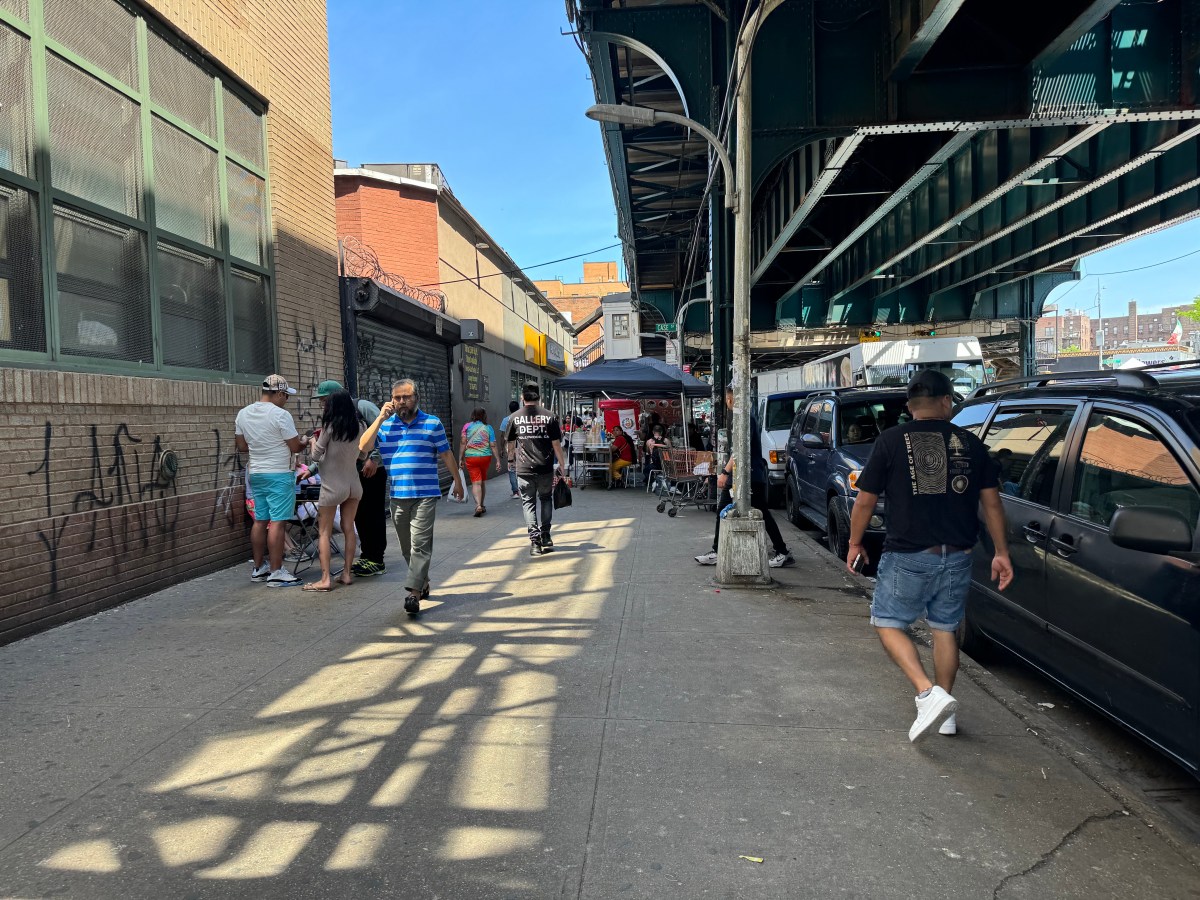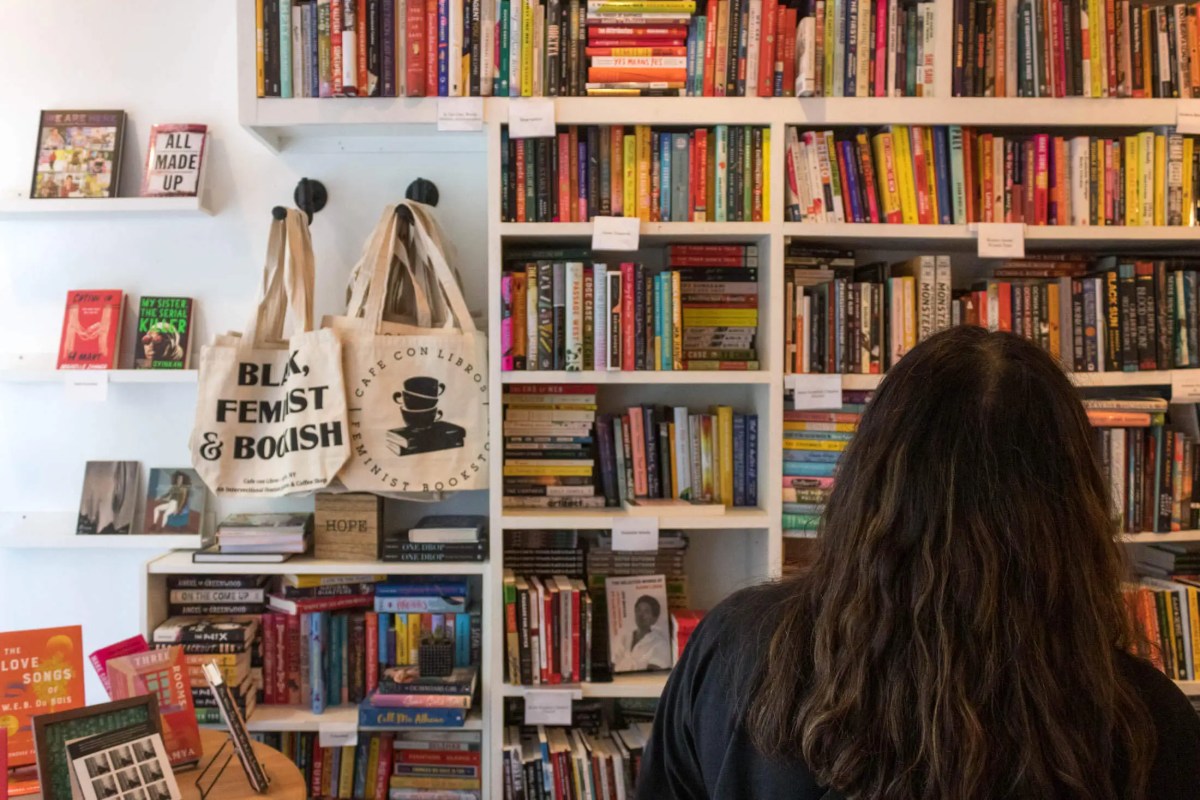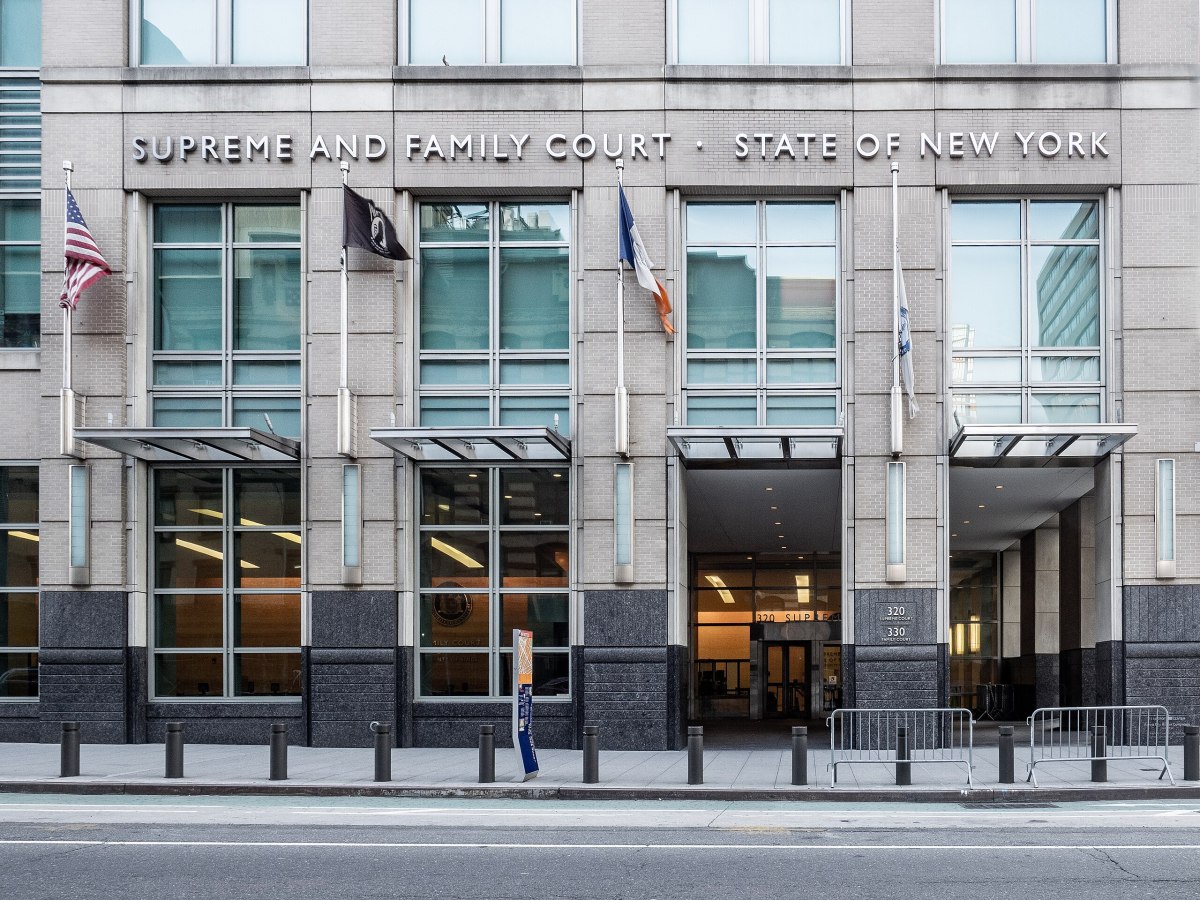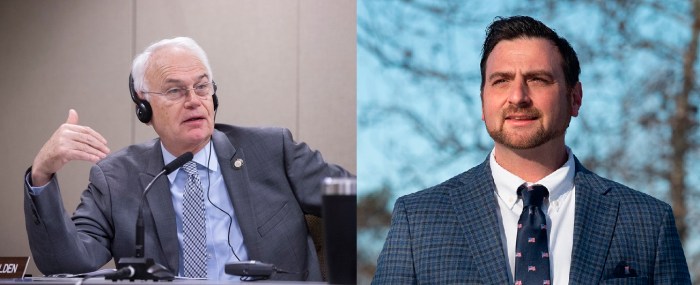When it comes to legalizing recreational marijuana use in New York state, Bronx Borough President Ruben Diaz Jr. says it’s not a matter of if, but when — and now he’s looking at how it can grow opportunities for everyone.
amNewYork exclusively obtained a report from Diaz’s office which hashes out six proposals on how the Bronx and communities of color can benefit from upcoming business opportunities— should pot be legalized.
“Just legalizing marijuana and not addressing the entire world of ramifications that would come isn’t finishing the job,” Diaz said.
He believes recreational marijuana use will likely be permitted in New York state before the end of 2020 since efforts to legalize pot took a hit in Albany earlier this year.
“I am relieved that there is now time to map out a course of action about how to address surrounding issues,” Diaz said.
Upon legalization, he proposes clearing criminal records for any low-level marijuana offenders in the state — something which was proposed in this year’s legalization efforts.
“Eliminating convictions from a person’s records comes in two forms – sealing (records) and expungement,” his proposal indicated, noting that an expungement bill was passed in Albany as part of the state’s marijuana decriminalization efforts in June.
Ideally for Diaz, the new bill will automatically expunge any convictions under several of the current marijuana control provisions.
He also calls on second chances for job applicants that failed drug tests with marijuana in their systems.
“Employers should be encouraged to call these job-seekers back for future openings,” Diaz’s report stated.
He also said specifically that the city should take a forgiving approach at its employees whom had failed drug tests because of pot in their systems.
The borough president also wants to spark a deal with banks that would encourage financiers to invest in small business ‘mom and pot’ shops.
“Banks are reluctant to engage with the marijuana industry,” the report explained.
Diaz also expressed interest in working with the private sector to create a capital investment fund, while also showing similar sentiment towards how equity in NYS licensed facilities should be distributed too.
He fears that many city based small businesses will be either dubious or outmatched by big business when it comes to applying for a marijuana business license because of its high cost and legal fees.
“The state should ensure access to funds for small marijuana businesses so that the industry is not dominated by larger businesses that do not reflect the diversity of the state,” the report stated.
Diaz said he wants to strike a deal with the city’s Economic Development Corporation to help small businesses with licensing protocols.
“That’s why this can’t be rushed,” he said, noting that safeguards should be put in place to protect both equity and ownership within New York rather than it be outsourced—like in other states where the drug is currently legal.
“Not only do we want to see people doing business in the Bronx, but also with the Bronx,” the BP said.
He also urges the state to have a joint effort with Congress as far as passing federal laws that would protect banks and other financial institutions from facing prosecution regarding legal, cannabis-related activities.
“There are many in Congress that are vocal about legalization on both sides of the floor,” Diaz said.
Additionally, Diaz wants to see the pot economy revenue benefits to be passed around low income and minority areas throughout New York in the form of community reinvestment.
“In the Bronx I could see the revenue from this going towards mental health agencies and violence reduction ones as well,” Diaz said, noting that many communities which need those assets have been previously marginalized by the criminalization of the drug.
Diaz also said he would also put the money towards cultural institutions — acknowledging that pot likely would continue to inspire much of the city’s artistic community.
Diaz’s report also targets issues that come along with parents that test positive for pot, specifically noting that a positive drug test for marijuana is sufficient to start a child neglect investigation.
“This is the one time that we should be talking policy in a smoke filled room and have these issues hashed out,” Diaz bluntly said.



